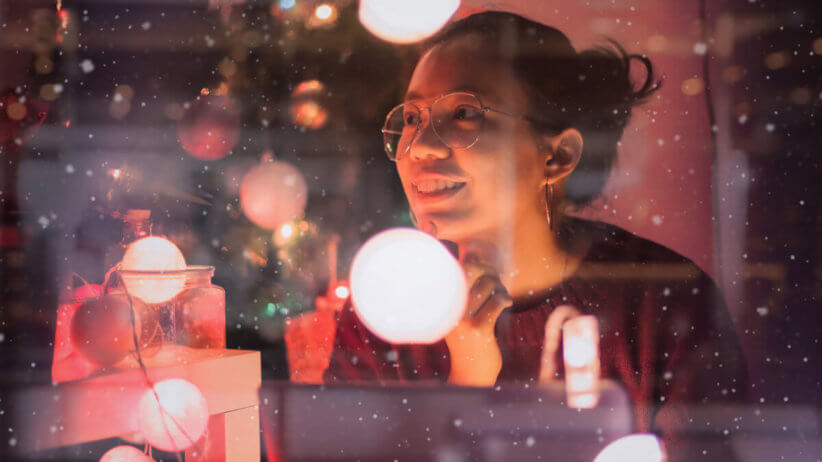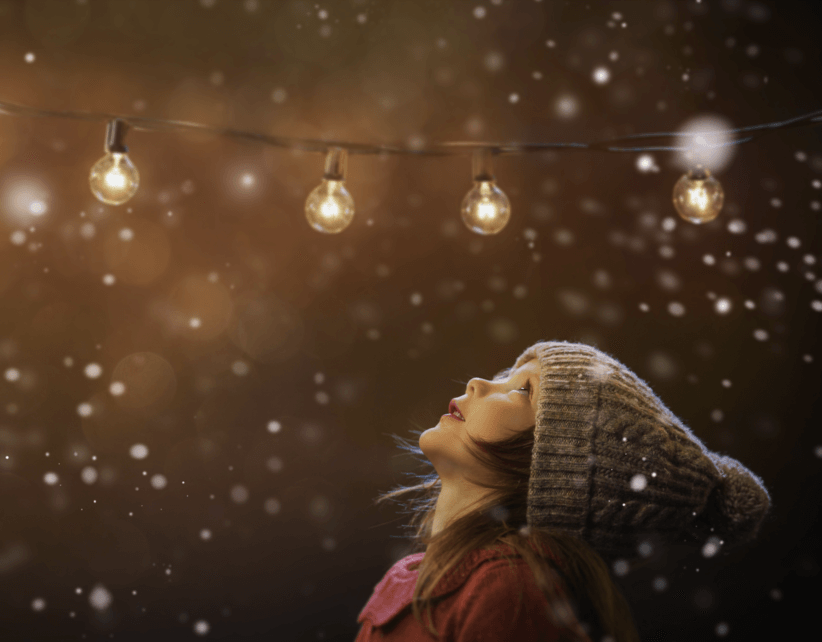It’s winter break and my 7-year-old son has been sleeping in later than usual, but he still seems tired during the day. When I check on him after bedtime at night or early in the morning, he is usually snoring quite loudly. Is this something I should worry about? I don’t know if he is just catching up on sleep from his usual school schedule, or if I should be concerned about a sleep disorder.
Sleep apnea is a growing health problem among children. It’s estimated that between 1 and 5 percent of children suffer from obstructive sleep apnea. Onset obstructive sleep apnea usually occurs between 2 and 8 years old, which is a period of peak tonsil growth, but the condition can really manifest at any age.
The standard symptoms of obstructive sleep apnea are snoring and witnessed pauses in breathing or periods of shallow breathing during sleep. It’s important to know that not all snorers have the sleep disorder. Other symptoms include unusual sleeping positions (like hyperextended neck or seated with open mouth), morning headaches, and excessive daytime sleepiness. In adolescents, this sleepiness is more likely to manifest as depressed mood, poor concentration, decreased attention, or behavioral issues.
Children with obstructive sleep apnea typically have normal weight and body mass index, but occurrences of obesity-related sleep apnea have been steadily increasing. Recent research has suggested that there is also a strong genetic factor for obstructive sleep apnea.
NewYork-Presbyterian Brooklyn Methodist Hospital’s Pediatric Sleep Apnea Program works closely with the Hospital’s Center for Sleep Disorders to identify children who suffer from obstructive sleep apnea and arrange treatment plans for them.
Children with suspected obstructive sleep apnea should be referred for a sleep apnea test called a polysomnogram, which is typically done in a sleep disorder center. When the patient is sleeping, a PSG records brain activity, eye movements, heart rate, blood pressure, the amount of oxygen in blood, air movement through the nose while breathing, snoring, and chest movements. One parent stays with the child throughout the night during this painless test. A sleep specialist will review the sleep study results to determine if a patient has sleep apnea and how severe it is.
At New York-Presbyterian Brooklyn Methodist Hospital, treatment approaches for obstructive sleep apnea include inpatient and outpatient surgical intervention. Should sleep apnea be diagnosed, by far the most common and effective treatment is continuous positive airway pressure. In severe cases, surgery may be required and the primary operation is an adenotonsillectomy. This procedure removes both the tonsils and adenoids, which are glands located in the roof of the mouth behind the soft palate where the nose connects to the throat.
Research has linked untreated obstructive sleep apnea in adolescents with lifelong neuro-behavioral problems, decreased attention, disturbed emotional regulation, decreased academic performance, nighttime enuresis, and impaired growth.






















